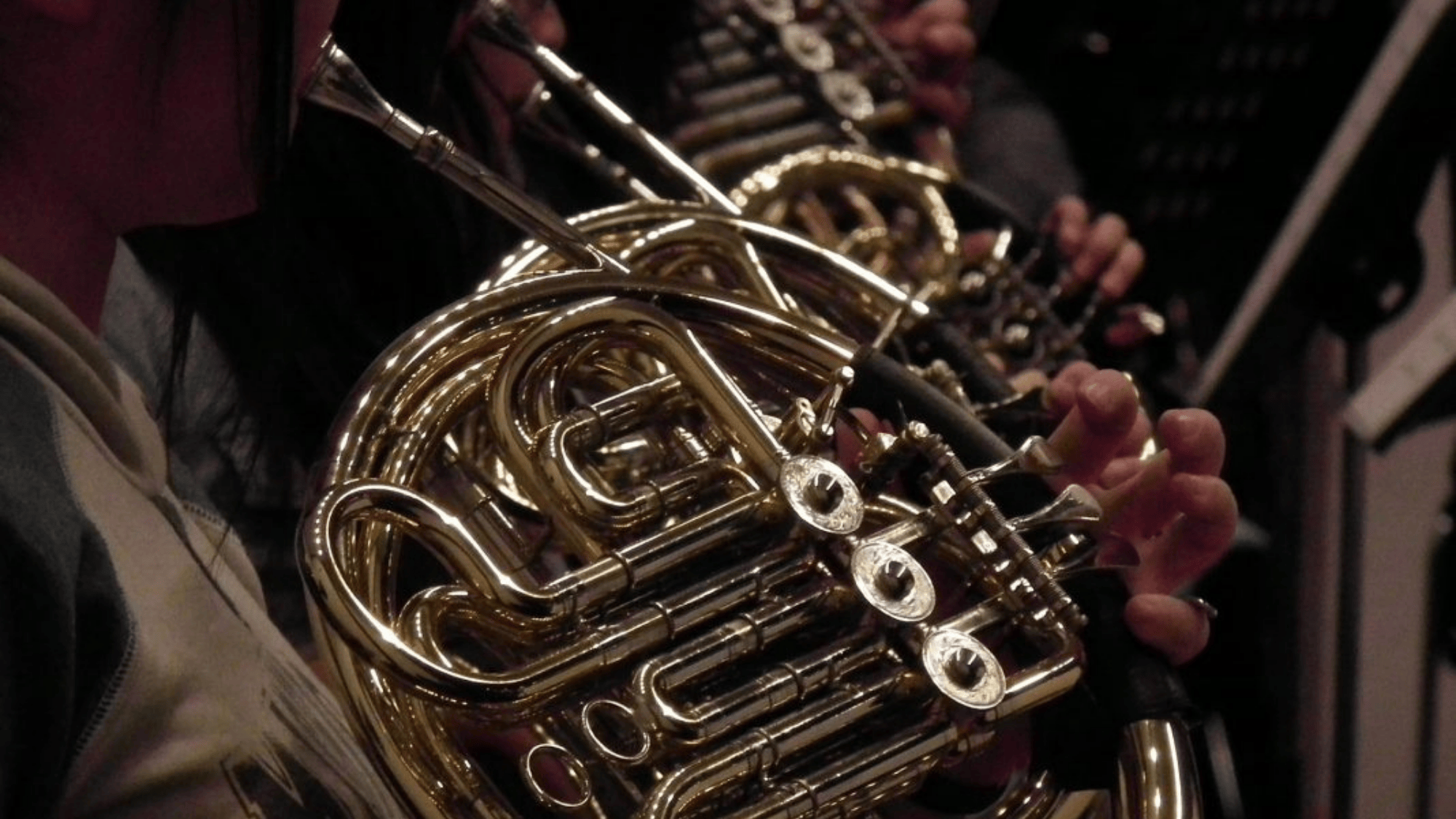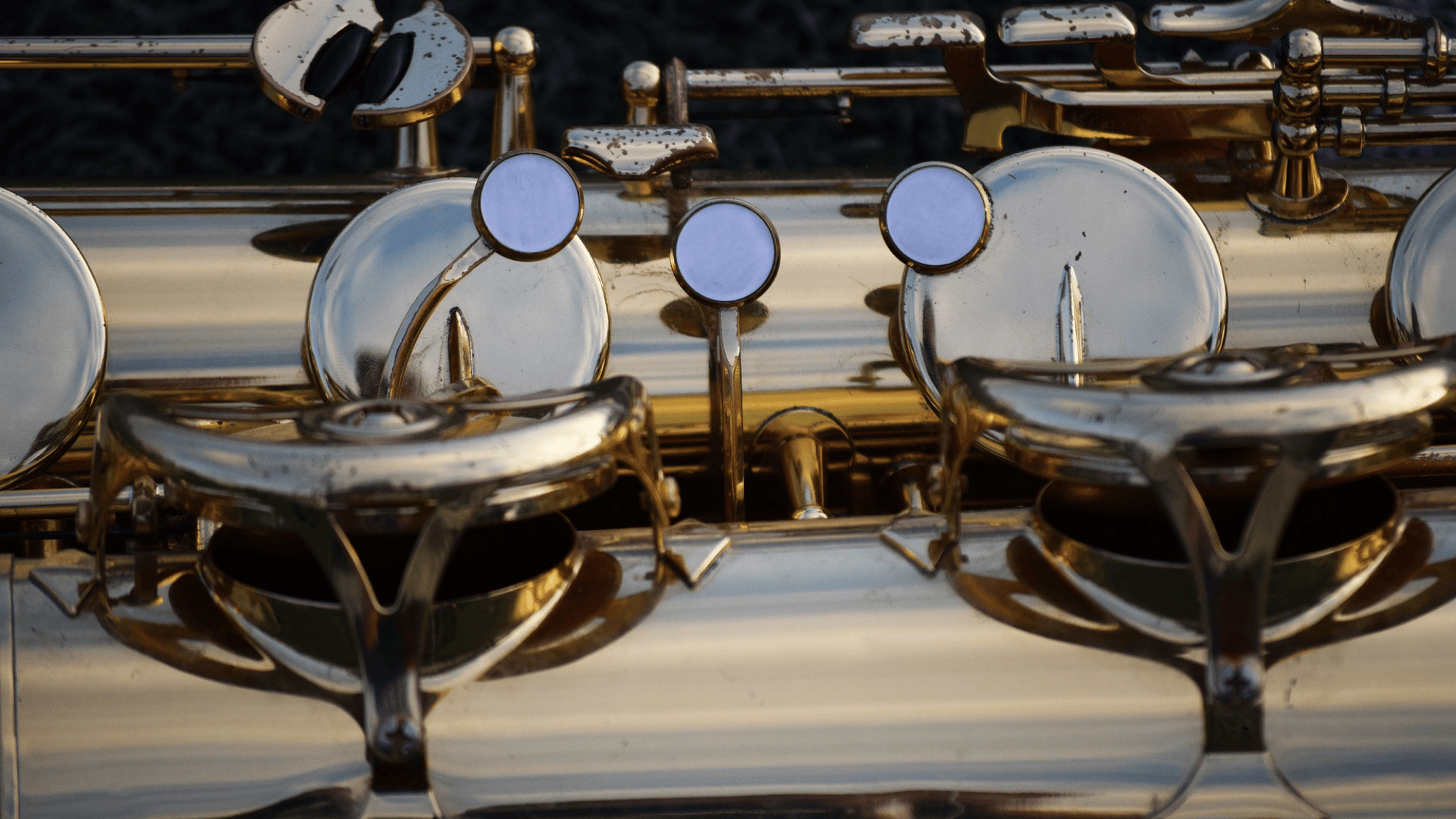Historically, the band/wind medium has served more duality of purpose than perhaps any other means of music-making. We herald kings and football games (not to be confused with each other) and are capable of, and often held responsible for, the openings of freeways, shopping centers, and the inauguration of presidents of all kinds. In other words, we are exceedingly functional and mobile. We are worthy and needed in these efforts. Events of these kinds are “just not the same” without the band. Ask any school principal or community leader in our country.
So why is it that when it comes to curriculum priorities and budget cuts we are being seriously considered for the proverbial ax? The answer lies somewhere in the confused definition of a band versus arts education. As the pendulum of educational priorities again swings away from humanities, in general, we need to stand up and say that we believe in the concept of balancing our nation’s youth with a proper mix of science and the arts!…. or do we? Do we not truly know that our educational administrators understand this concept and have done for centuries?
Let us ponder what happens when someone or a group of someones “make music.” On its highest and most profound level; with excellence of performance; excellence of repertoire; and the most sincere human effort possible, music serves the function of the stimulation of our minds, hearts, and souls on their highest levels. This rather amazing phenomenon happens through time, like no other art form, and the necessary effort on the part of the musicians demands the utmost of their minds, hearts, and souls. This is the true giving of the human spirit, a rare event among today’s youth, and one that is difficult to achieve. The worthiness of it defines it as its place in education provided that we believe that our ultimate purpose is to raise our students to a new level of achievement and experience.
These concepts can obviously be explained but must be experienced to be understood. Now comes the moment of truth for us as conductors/teachers of music. We must ask ourselves if we are indeed. . . making music. It is difficult to pinpoint which events and examples over a period of time have caused us to be so misperceived by so many. The issues of indoor vs. outdoor performance, the public relations value of our medium, the “team spirit” inherent in much of what we do, and the willingness of us to do it has not only been discussed and debated in great detail but have, perhaps, confused even us. The fact is that bands do serve all of these kinds of functions and that in the process in many cases, the performing musicians are serving a purpose other than that of making music.
It is equally necessary then, to examine the actual teaching process. Unfortunately, many band directors view learning to play an instrument as a mechanical exercise (not unlike learning to march) that is not related to human expression. The motor skills required are often mistaken for development of the intellect, the excitement felt from a mechanical performance as the development of musical expression, and a lifeless performance of a good piece of music as art.
It seems that the aesthetic value of music is either a low or lost priority and worse if you are in the band, your purpose is somehow different from other performing musicians. Out students need to learn that making music can be done with a trumpet, violin, voice, guitar, synthesizer, or harmonica and that in the grand purpose of music it matters not what instrument they are playing. (The instrument is a means to an end-not the end itself.) They need to learn that an aesthetic experience is non-competitive with anything else of value in living life and that the process involved in becoming a musician (not a mechanic) requires discipline of the mind so that the heart and soul may be expressed. They need to develop a formidable respect for the art and learn to associate it to its companions; literature, art, nature, and goodness.
These concepts are inherent in every level of our medium in varying degrees from marching band to concert band and everything in between. Our students need to learn to discriminate the value of the medium and the quality of the music used to represent it; that some kinds of music are less important than others; and that their total experience in music is of value to their development in different ways that are related to the art itself in degrees. We should serve our communities and schools with us as the delineators of how much is too much in relation to the ultimate goal.
The inherent political battles that each of us fights are a necessary part of public (and private) education. Playing music and playing politics are in no way related. Difficult though it may be, let us resolve to keep the two separate so that when we stand before a group of students, their well-being through music is our primary goal. When we fight, we direct this energy towards places and people who can support and cause change for us. (When we party, we can tell each other how great we are–see you at Mid-West.)
Were all of this to happen we would see over time, a revitalization of our medium of music-making. We would have those people with and for whom we work understanding more about what we do. Understanding leads to support. Support leads to progress. Progress leads to growth. and the positive result of our work leads to peace of mind. People “burn out” when the workload overwhelms the level of satisfaction achieved.
Sweeping idealistically and waxing philosophically are easy. Producing a quality musical product requires that the parties involved do both; after all, we are dealing with entities that are rather mystical and very wonderful – music and human beings. Perhaps this fall while sweating or freezing, conducting, studying, or meeting, we could all uplift our gaze for a moment to remember why we do what we do.
Vol 8, #3, p.12 (Jan-Feb 1993)






